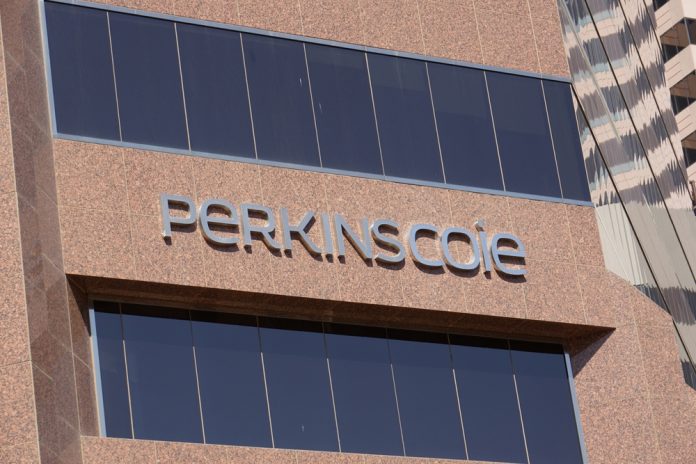Perkins Coie, a top 50 Biglaw firm with $1,155,565,000 in gross revenue in 2021, has announced an increase in its billable hour requirement for associates, leading to a wave of discontent among junior lawyers. Associates are now required to bill 2000 hours instead of the previous 1950 hours to receive their total bonus. This change implemented nearly five months into the financial year, asks for an additional 50 client billable hours per associate. If associates cannot meet this new target, they will only receive half their bonus.
Insiders at the firm have reported widespread anger and frustration among associates, with some feeling that the change is a prelude to further cost-saving measures, such as layoffs, typically carried out after annual reviews in the spring. Some associates feel that the firm is blaming them for the change, pointing to the increase in salaries as the reason. The firm’s leadership has claimed that they are simply trying to match the competitiveness of other firms, but many associates feel that the change is an attempt to shift the blame onto them in the event of future layoffs.
One associate described the conversation around the change as “very uncomfortable,” with the firm leadership not giving a clear answer about the possibility of further increases in billable hours in the future. Associates are also worried about the effect this change will have on the firm’s laid-back culture, which they feel is being permanently altered.
The situation at Perkins Coie is indicative of a more significant trend in the legal industry, as many Biglaw firms are anticipating an economic slowdown and are tightening their purse strings, making it more difficult for associates to earn their total market bonus.
The change in billable hours requirements at Perkins Coie has sparked a wave of discontent among associates, who feel that the firm is blaming them for the change and preparing for future cost-saving measures. Associates are also concerned about the impact this change will have on the firm’s culture, which they believe is being permanently altered. This situation is part of a more significant trend in the legal industry, as many Biglaw firms are anticipating an economic slowdown and taking steps to tighten their budgets.








